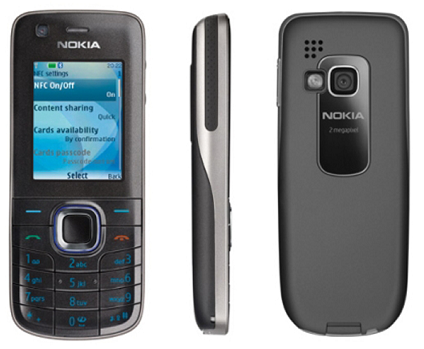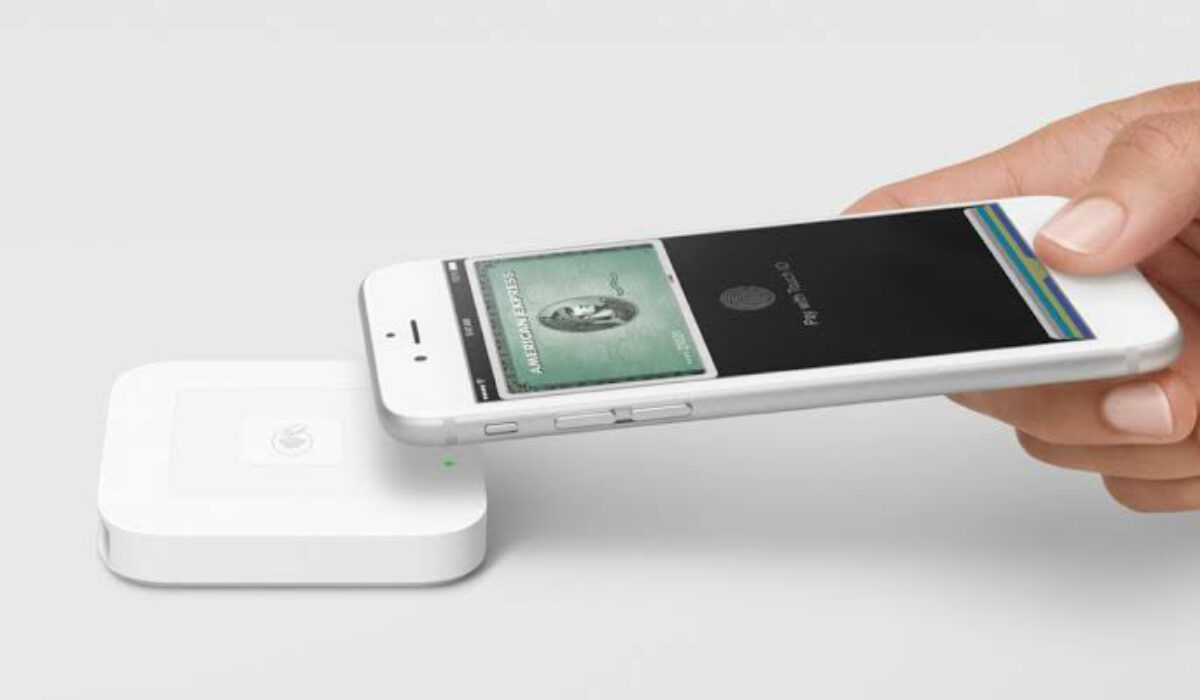I remember something that happened years ago in 2010, when Near-field Communication was still a novelty. During a session at mobiFEST 2010, a participant spent some time lamenting how our system was not up-to-date. One of the things he devoted time to was his opinion that there is a dearth of Near Field Communication (NFC) mobile phones in the country, while the rest of the world had moved on. With all the excitement pushed by the gentleman, the reality at the time was that there was a very limited choice of devices on the market then. There were no more than a handful of NFC phones available. Perhaps the most easily obtainable NFC handset in 2010 was the Nokia 6212 Classic. This was what made the gentleman’s comments amusing. There was no NFC revolution going on anywhere yet in 2010. It was too new, too limited, and with very little attraction at the time. Today, Near-field Communication is booming and has been adopted all over the world for a number of services. The rest of this article answers your questions about Near-Field Communication, and also provides examples and use cases of this technology.
What is NFC?
Near Field Communication or NFC, is a short-range high frequency wireless communication technology which enables the exchange of data between devices over about a 10 centimetre (around 4 inches) distance. This makes it specifically suitable for mobile payment, identification, and other related services. Basically, NFC turns a mobile phone into a contactless card and electronic reader, and allows the phone to communicate and exchange information with other NFC devices.
Near-Field communication: Uses
NFC is useful for a number of scenarios. These include the following:
Transfer small Images, Files, Contacts, and other small chunks of information: You can easily exchange images, files, and contact details between two phones.Payments: This is perhaps the most widely deployed use of near-field communication today. With an NFC-enabled phone, you can pay for items quickly just by holding the phone close to the payment device, or by touching it to it lightly.Identity and Ticketing: If you own an NFC smartphone, you can not only purchase your tickets, but also use your cell phone as a digital ticket to access game grounds, buses, trains, aeroplanes, and more. Automation via Tags: NFC is used in tags to provide automation. For example, you can embed an NFC tag in your doorway, so when you arrive from work, the lights in your building come on, and when you step out, they go off or dim. NFC tags can be used to adjust other things like modify brightness and temperature.
Near-field communication: Examples
Hyundai Motors recently developed and released a digital car key app that allows you to start and unlock your car using a cell phone. This innovation is an example of NFC at work, so you can start and unlock your car at close range. Apple’s AirTags use this technology. For example, if you lose your AirTag, anyone with an NFC smartphone can scan it for your contact information to help them return it to you. Also, note that all iPhones from iPhone 7 and newer, running iOS 13 and newer, can read and write NFC Tags.
Accept card payments anywhere with Square
NFC also makes contactless payments possible. For example, Square’s contactless payment system uses Near-field Communication, enabling you to use your smartphone for payments. But it isn’t only Square that is leveraging this same technology for payments. Apple Pay, Samsung Pay. To make payments, position the top of your iPhone close to the contactless reader. It is that simple. NFC is a technology that is making magic happen.
Don’t miss our reviews.Join our WhatsApp Group, to be notified of the most important articles and deals,Follow us on Instagram, Facebook, Twitter, and YouTube.

